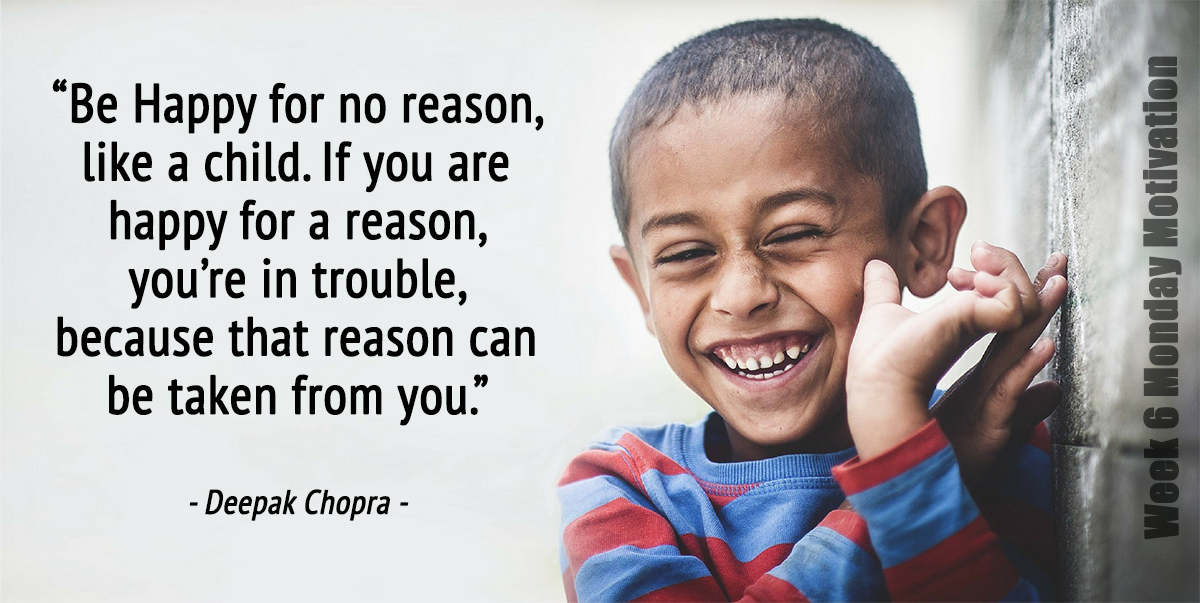Week 6 Monday Motivation
Piute County School District,
Every day of class Financial Literacy students respond to a financial discussion question. On the third day of class they had to articulate a response to the question “How much money does someone need to be happy?” Their responses range from nothing to millions. It can be a difficult question to answer.
Six days ago the national financial advice website WalletHub ranked Utah the happiest state in America. Their methodology included 31 different metrics that might impact personal happiness including things such as: income growth, work hours, safety, suicide rates, life expectancy, health, food security, etc. Utah was at the top of at least four of those 31 metrics; Highest sports participation rate, lowest work hours, highest volunteer rate, and lowest divorce rate.
The experts involved in this “Happiness” analysis created three primary categories for the 31 metrics; Emotional & Physical Well-Being, Work Environment, and Community Environment. All the financial and work related metrics are under the “Work Environment” category and that category is 25% of the total score. Job satisfaction made up just 2.5% of the total score.
After some discussion the Financial Literacy class usually starts coming to a consensus that some money is needed for the highest levels of happiness, but that it becomes less important with more. Perhaps Forrest Gump summed the consensus up best by saying “There’s only so much money a man really needs, the rest is just for showing off.” There are always a few students that side with Reb Teyve from “The Fiddler on the roof,” arguing that wealth brings with it comfort and happiness. In the 1971 classic musical film adaptation Reb Teyve sings, “If I were a wealthy man, I wouldn't have to work hard. Ya ba dibba dibba dibba dibba dibba dibba dum”
The summary is usually that our happiness is determined by a large number of factors and we need to manage a healthy balance of all of those factors. I found it interesting that the sports participation metric was weighed nearly twice as heavily as the income growth metric.
As education professionals we constantly try to manage the balance for our students, so as to maximize their academic potential. We know that when they balance their academic studies with healthy social events, plenty of exercise, and a good diet they are much more likely to be happy and successful at school. I know you all juggle a lot of things and our students benefit from your ability to balance. Thank you!
Good balance in Week 6,
Koby
This is always good for a chuckle…
https://www.youtube.com/watch?v=RBHZFYpQ6nc
This is the link to the study…
https://wallethub.com/edu/happiest-states/6959
